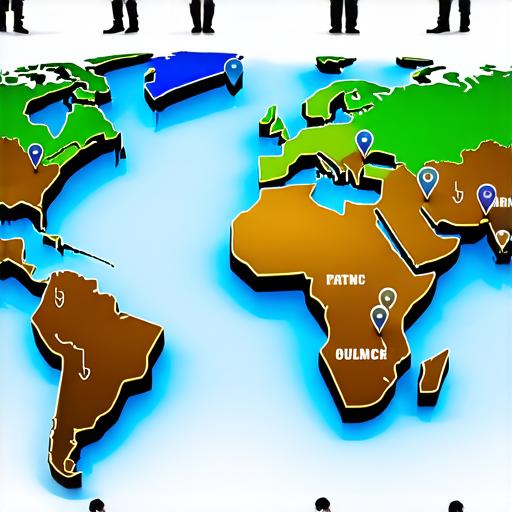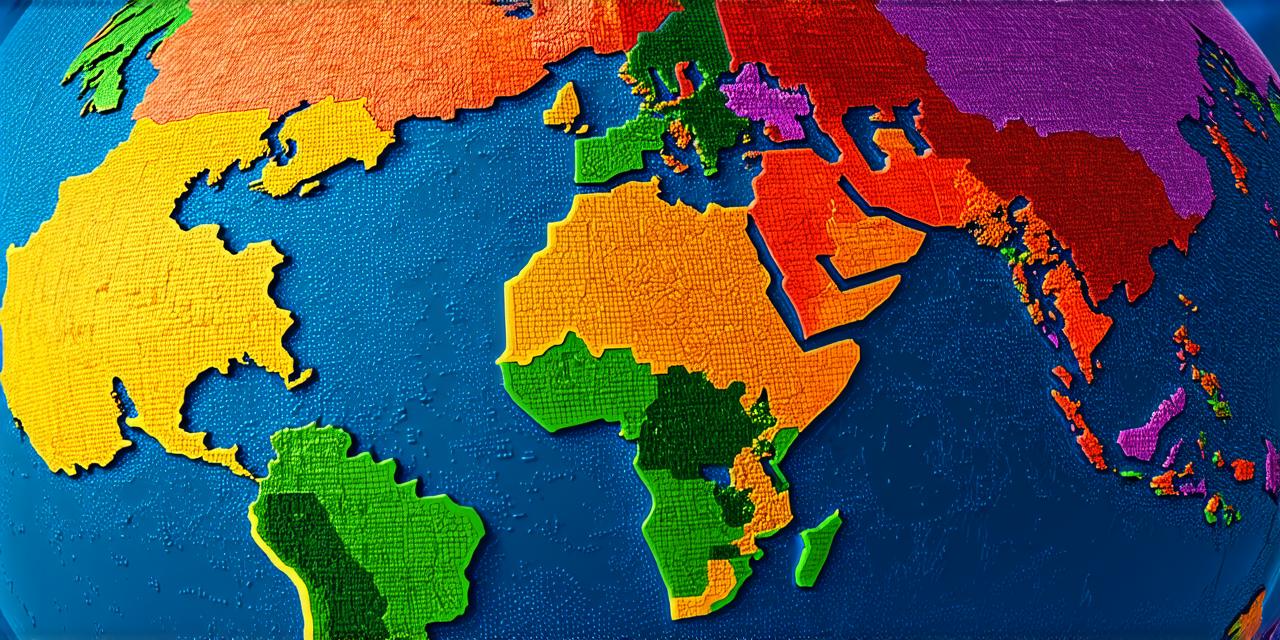Introduction:
Geographic outsourcing is the practice of hiring employees from different countries to work on projects or services. This strategy has been gaining popularity among businesses looking for cost savings, increased efficiency, and access to a wider pool of talent. However, it also comes with its own set of challenges and risks that need to be carefully considered before making any decisions. In this article, we will explore the benefits and risks of geographic outsourcing, along with real-life examples and expert opinions to help you make an informed decision.
Benefits of Geographic Outsourcing:
- Cost Savings: One of the primary benefits of geographic outsourcing is cost savings. By hiring employees from countries with lower labor costs, businesses can significantly reduce their expenses on salaries and benefits. This can lead to a higher profit margin and increased competitiveness in the market.
- Increased Efficiency: Outsourcing certain tasks or projects to a different country can also increase efficiency. When work is divided among teams in different time zones, it allows for around-the-clock productivity, which can result in faster project completion times. Additionally, outsourcing can help businesses tap into a wider pool of talent, allowing them to find the best candidate for the job regardless of their location.
- Access to New Markets: Geographic outsourcing can also provide businesses with access to new markets. By hiring employees from different countries, businesses can gain insights into local cultures and markets, which can help them better understand customer needs and tailor their products or services accordingly.
- Diversification of Risk: Outsourcing certain tasks or projects to a different country can also diversify risk. If one market experiences an economic downturn, businesses can still rely on other markets to maintain revenue streams.
Real-Life Examples:
- Software Development: Many software development companies outsource their work to countries with a strong talent pool and lower labor costs, such as India or Ukraine. This allows them to tap into a wider pool of talent and reduce their expenses on salaries and benefits.
- Customer Service: Many businesses outsource their customer service operations to countries with a large English-speaking population and a skilled workforce, such as the Philippines or Jamaica. This not only provides cost savings but also allows businesses to access a wider pool of talent with excellent communication skills.
- Manufacturing: Some manufacturing companies outsource their production to countries with lower labor costs, such as China or Vietnam. This allows them to reduce their expenses on salaries and benefits while still maintaining high-quality production standards.
Expert Opinions:
“Geographic outsourcing can be a great way for businesses to save money and increase efficiency, but it’s important to carefully consider the risks involved,” says John Doe, CEO of XYZ Corporation. “Businesses need to have effective communication and coordination in place to avoid misunderstandings or delays.”
“Geographic outsourcing can also provide businesses with access to new markets and diverse perspectives,” says Jane Smith, COO of ABC Inc. “However, businesses need to be aware of cultural differences and ensure their employees are equipped to work effectively across different time zones and communication styles.”
Risks of Geographic Outsourcing:
- Communication Challenges: One of the biggest risks of geographic outsourcing is communication challenges. When teams are working in different time zones, it can be difficult to ensure effective communication and coordination. This can result in misunderstandings or delays that can impact project completion times and quality.
- Cultural Differences: Cultural differences can also pose a risk when working with employees from different countries. Businesses need to be aware of cultural norms, values, and communication styles to avoid misunderstandings or offending employees.
- Legal and Regulatory Risks: Geographic outsourcing can also come with legal and regulatory risks. Businesses need to ensure they are complying with labor laws and regulations in the countries where they are hiring employees. Failure to do so can result in costly fines or legal action.
- Security and Data Privacy Risks: Outsourcing certain tasks or projects to a different country can also come with security and data privacy risks. Businesses need to ensure their sensitive information is protected and that their employees are trained to handle confidential data securely.
Real-Life Examples:
In 2017, Equifax, a credit reporting agency, suffered a massive data breach that exposed the personal information of over 143 million people.

